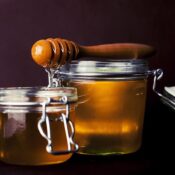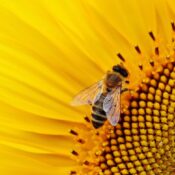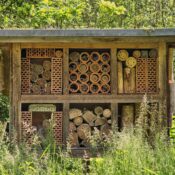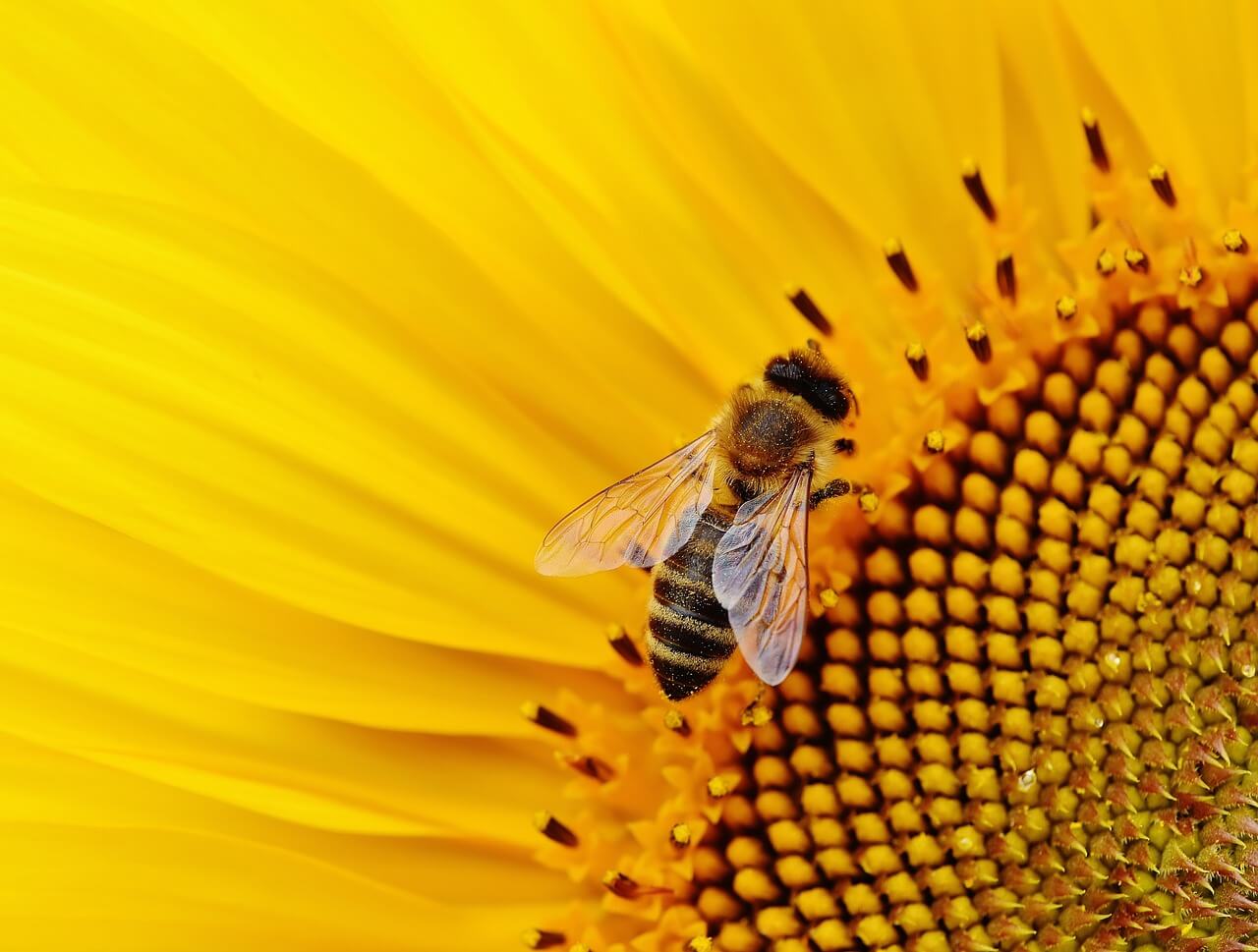
Sustainable Beekeeping Practices
How Sustainable Beekeeping Practices Benefit the Environment and the Community
As a community-based organization focused on sustainable development, MACODEV is committed to promoting beekeeping as a means of improving the livelihoods of local communities in Mariashoni, Nessuit and Elburgon. But beekeeping is not just beneficial to the community, it also has a positive impact on the environment. In this blog, we will explore the ways in which sustainable beekeeping practices benefit both the environment and the community.
Pollination
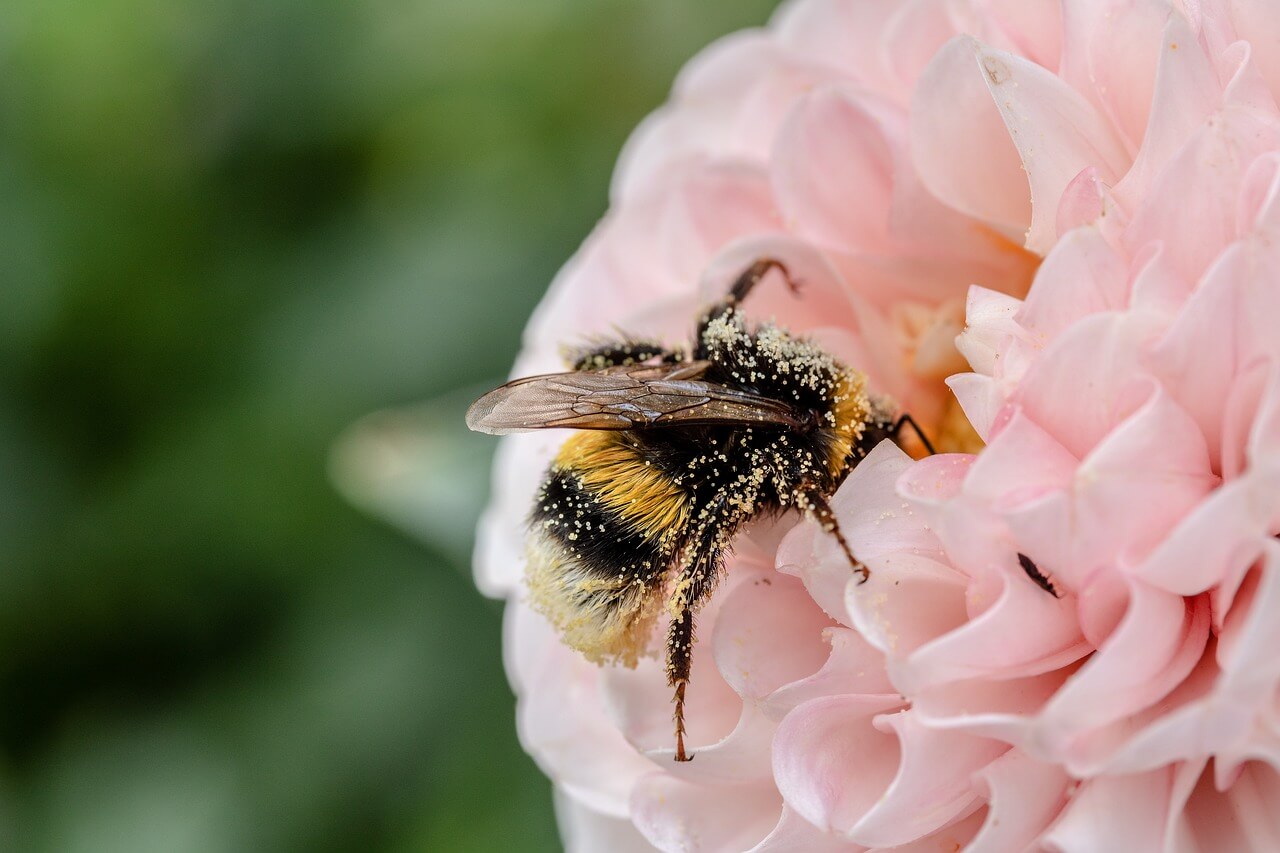
Bees play a critical role in pollinating crops and plants, including those that provide food and habitat for other species. By keeping bees in a sustainable way, we are supporting the health and diversity of ecosystems.
Honey Production
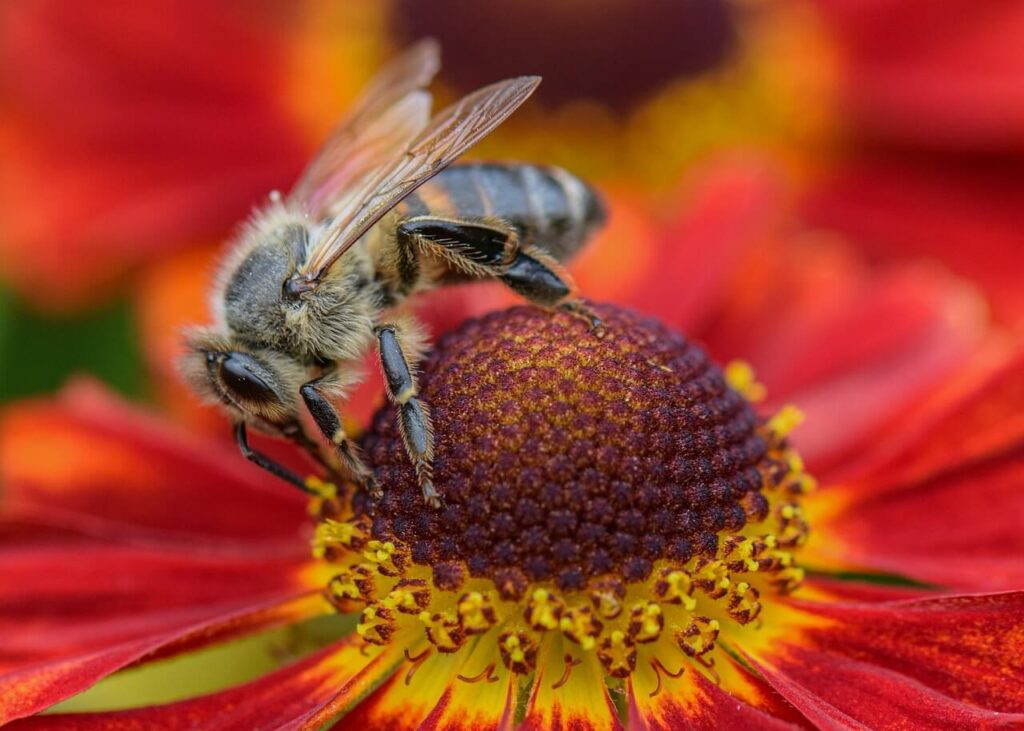
Beekeeping provides a source of income for local communities through the production of honey, beeswax, and other hive products. Sustainable beekeeping practices ensure that this income source is maintained for years to come.
Conservation
Beekeeping can also play a role in conservation efforts by protecting habitats and promoting biodiversity. By promoting the planting of native plant species and protecting natural habitats, we can create healthy ecosystems that benefit both bees and other wildlife.
Education
At MACODEV, we believe in educating our members and the community about sustainable beekeeping practices. By sharing knowledge and techniques, we can ensure that beekeeping remains a viable and sustainable source of income and environmental protection for years to come.
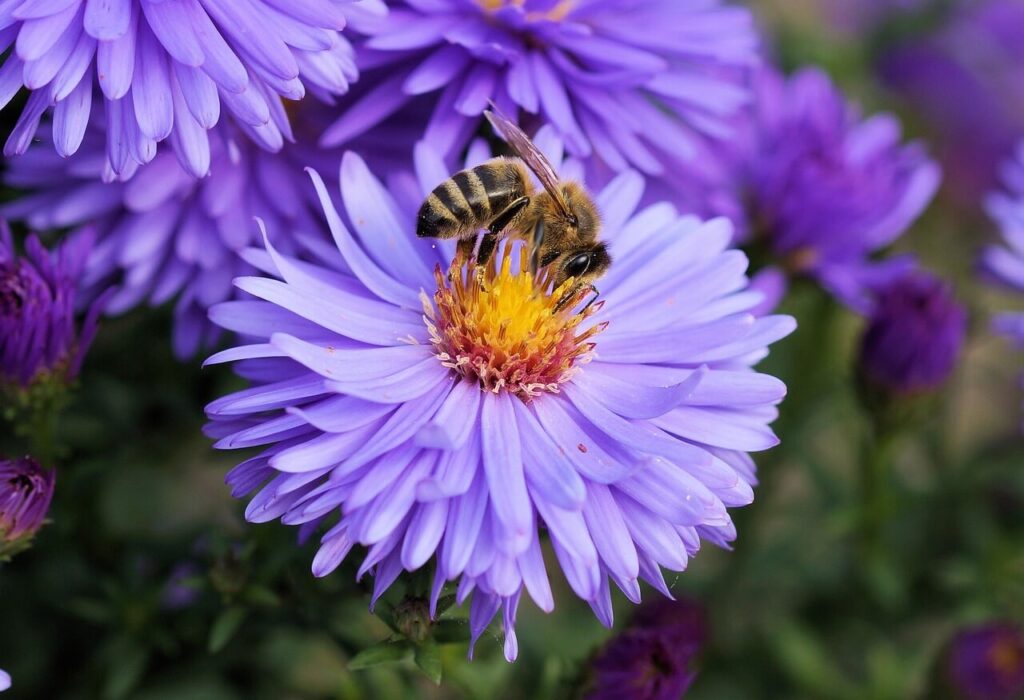
In conclusion, beekeeping can be a powerful tool for sustainable development, promoting environmental conservation, and improving the livelihoods of local communities. At MACODEV, we are committed to promoting sustainable beekeeping practices and educating our members and the community about their benefits.
Written and edited by Peter Muriithi

